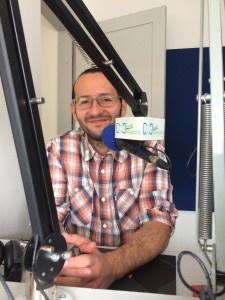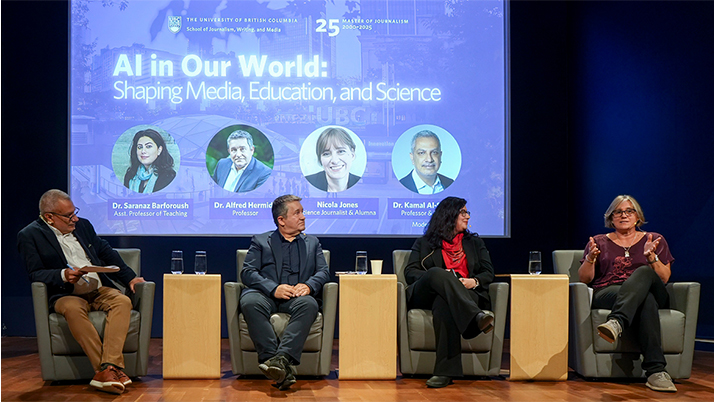

Tell us about your current role.
I am the coordinator of the Antonio Nariño Project (PAN) in Bogotá, Colombia. PAN is an alliance between the Gabriel García Marquez’s Foundation for New Journalism, the Foundation for Freedom of the Press, the Association of Colombian Newspapers and the Friedrich Ebert Stiftung in Colombia. The alliance’s aim is to promote press freedom and access to information throughout the country.
The Colombian government is going through a peace process with a rebel group. The conversations are trying to put an end to a five-decade-long war. I am currently working on building capacity for the media to do better quality reporting in armed conflict regions. That includes working with the military in workshops to improve their relationship with the media, teaching security and self-protection measures for local journalists and bringing top investigative journalists and editors to those regions to share strategies in producing journalism in a peace process context.
Journalists working with the Antonio Nariño Project in these capacity-building tasks will receive funding to produce high-impact multimedia stories about reconciliation in their regions.
How did your journalism experience help you transition into your current career?
I am part of an organization that works with journalists on a daily basis. Studying at the UBC j-school gave me the tools to understand the process of producing news and opinion. It taught me the legal framework in which journalists operate, their rights and legitimate restrictions. It showed me how to think critically about the media’s role in a democracy and the importance for society to have access to high-quality investigative journalism – those skills have been invaluable now that I work in a press freedom organization.
Of the lessons you learned at UBC, what has been the most valuable?
The j-school experience made me more capable of discerning how solid the evidence is that a journalist uses to state a fact. For an organization that defends freedom of expression, it is key to have analytic tools to differentiate between a defamatory comment and a legitimate statement.
What’s been the piece of journalism you’ve produced of which you’re most proud?
I am most proud of a feature-length article I wrote for the Tyee about the lack of access to justice for alleged victims of human rights violations connected to Canadian transnational mining.
It started as a thesis proposal I presented to the j-school back in September 2013 and it became my thesis project thanks to the supervision of David Rummel. The production process included working on a 35-page literature review about the mining industry and its human rights challenges as well as performing dozens of interviews with alleged victims, mining industry representatives and the lawyer of someone accused of perpetrating mining-related abuses overseas.
Would you recommend the j-school to aspiring journalists?
I would definitely recommend the j-school to aspiring journalists because it is an opportunity to take some time to really think about what kind of journalist you want to be and learn the skills you need to do it. It is hard to imagine another chance to have such a strong team of faculty willing to guide you through the process of producing cutting-edge journalism.


